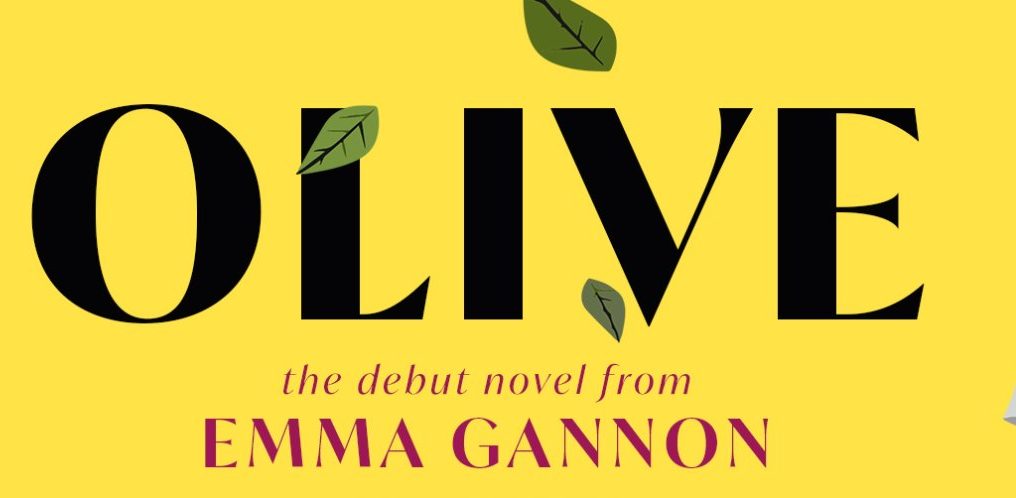Emma Gannon has a knack for capturing the zeitgeist, whether it be through her hugely successful podcast, her journalism or her non-fiction books about growing up online and carving a multi-hyphenate career. Now, with her debut fiction work, Olive, she tackles a subject that still provokes furious debate in 2020 – a woman’s decision not to have children.
Olive tells the story of four best friends – Olive, Bea, Cecily, and Isla – told in a non-linear fashion as the reader dips in and out of their lives from their university days to thirty-somethings and beyond.
Told from the point of view of Olive, the story picks up when the protagonist has ended a nine-year relationship over the sticky issue of children. Her ex, Jacob, wanted to start a family, but Olive didn’t see kids as part of her life plan. She’s the only one of her close-knit group who doesn’t have babies on the agenda – Bea has three children; Cecily is about to give birth and Isla is going through the torturous IVF process.
Olive is conflicted and confused by her ambivalence towards kids thinking: “Whenever women shouted. ‘Oww, what a cute baby! My ovaries! They just twitched!’ I would think there was something incredibly wrong with me because my ovaries have never twitched.” Any woman who has felt negativity directed towards them for choosing to live their life childfree will find themselves nodding along in recognition at the text, even if they don’t always agree with Olive’s sometimes self-absorbed actions.
While the central theme running through the book may relate to motherhood, the book is really a love story between the four friends and how their friendships have changed and evolved as they have got older. They can have brutal and realistically catty fights, but they will drop everything to support one another. The warmth and fierce love they share emanates through the pages and you may even feel a pang of jealousy if you don’t happen to be part of your own “girl gang.”
Olive is an enjoyable and engaging read, if a tiny bit long at 416 pages. The more cynical reader may think the four friends in the book have differing attitudes to motherhood to appeal to a broad cross-section of readers who may say: “I’m a Bea” or “I’m such an Olive” but time spent with these characters feels like being enveloped in a warm hug, which should hopefully squeeze out that pessimism.
Whatever your position on children, Olive is likely to open your eyes to the wide spectrum of motherhood and show that there’s much more nuance than the media (who often pit those who do and do not want children against each other) will allow.
